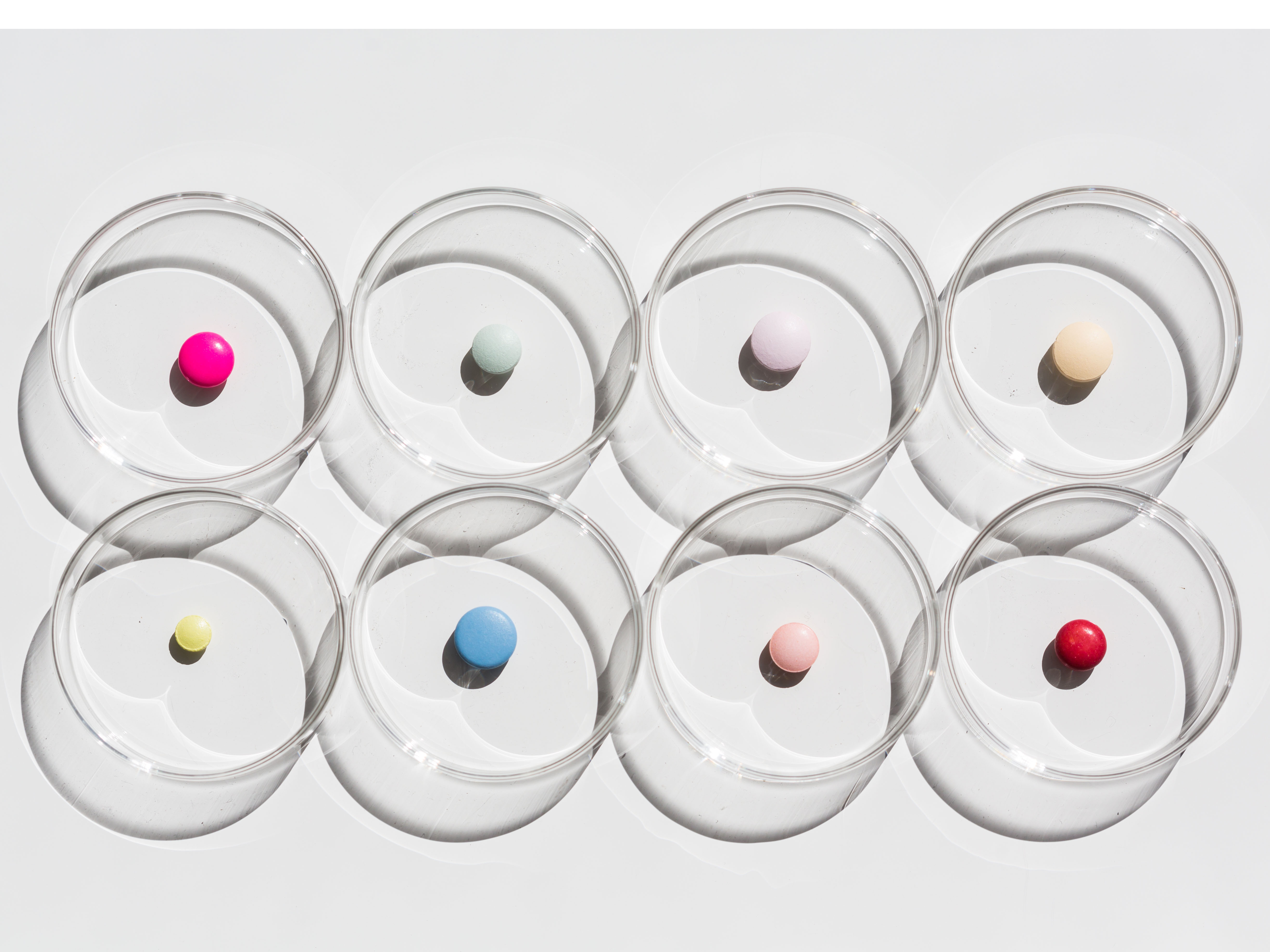These 15 supplement ingredients carry serious health risks
According to a new report

According to a new report
Despite their popularity in pharmacies, health food stores, and even hospitals, over-the-counter dietary supplements are not regulated in a way that ensures their safety and efficacy, says a new article published today by Consumer Reports. These products have the potential to be contaminated with dangerous bacteria or to differ widely from what their labels claim them to be. And in some cases, they deliberately contain ingredients that can cause cancer, organ damage, cardiac arrest, and other serious health problems.
The report warns consumers to stay away from 15 such ingredients, found in supplements sold in major retail stores across the United States. These products may be especially harmful for people with pre-existing medical conditions, the authors say, or who take other supplements or drugs (prescription or over-the-counter) that could trigger dangerous interactions.
The ingredients, and their claimed benefits, include:
•Aconite, used for inflammation, joint pain, or gout
•Caffeine powder, used for weight loss, increased energy, and athletic performance
•Chaparral, used for weight loss, inflammation, colds, rashes, and infections
Marie Claire Newsletter
Celebrity news, beauty, fashion advice, and fascinating features, delivered straight to your inbox!
•Coltsfoot, used for cough, sore throat, laryngitis, and asthma
•Comfrey, used for cough, heavy periods, stomach problems, and chest pain
•Germander, used for weight loss, fever, arthritis, gout, and stomach problems
•Greater Celadine, used for stomach aches
•Green tea extract powder, used for weight loss
•Kava, used for anxiety and insomnia
•Lobelia, used for respiratory problems and for quitting smoking
•Methylsynephrine, used for weight loss, increased energy, and athletic performance
•Pennyroyal oil, used for breathing problems and digestive disorders
•Red yeast rice, used for high cholesterol and heart disease
•Yohimbe, used for low libido, erectile dysfunction, depression, and weight loss
These ingredients can also be listed by other names. Their aliases, and the specific risks associated with each ingredient, are published on ConsumerReports.org and available free of charge.

Some of the ingredients have been shown to cause side effects such as vomiting, nausea, dizziness, impaired driving, and breathing problems. Others have been associated with liver damage, cancer, and serious heart problems. And several of them can interact with other medications, says Ellen Kunes, Consumer Reports Health Content Team Leader. The quality of the ingredients and the length of time they’re taken for can also affect the severity of these risks.
'Say I want to lower my cholesterol, and I’ve read that red yeast rice can help do that,' Kunes told Health.com. “But I may already take a prescription statin for that. If I take both of them together, the effects can be magnified—and the results can be dangerous. That’s the bottom line we want to get across to consumers.'
The report also found that shoppers can’t trust pharmacists or retail staff to alert them to the potential harms of these products: When the Consumer Reports staff sent secret shoppers into 60 stores around the country to ask about these ingredients, many store employees gave information that was “either misleading or flat-out wrong.”
And even if you avoid these 15 most alarming ingredients, there’s no guarantee that any over-the-counter supplement is safe, or that it contains what it’s supposed to. Many consumers don’t realise that supplements are regulated by the government as a food and not as a drug, says Kunes—which means that companies don’t have to go through stringent tests before putting their products on shelves.

'These products don’t always contain what they claim to,' she says. 'That could mean you’re just wasting your money on something harmless—but the reality is, a lot of it is not harmless.' The industry is much larger than government inspections can keep up with, she adds. 'Many times, the FDA only gets involved after they get a report that there’s a problem.'
In the article, Consumer Reports’ chief medical adviser notes that there are certain situations in which a person might truly benefit from a supplement—including those who are pregnant, have dietary restrictions, take certain drugs, or have chronic health conditions. But these people should only take the type and dosage recommended by their doctor. They may even be able to take a prescription-strength supplement, which must meet the same safety and efficacy standards as other prescription drugs.
In most other cases, says Kunes, supplements aren’t necessary. 'Eating a balanced diet, getting lots of fruit and vegetables, exercising regularly and getting enough sleep, lowering stress—these are the things that are going to truly help you feel healthier,' she says. 'We recommend getting your health from food and from healthy habits, rather than popping a pill.'
The leading destination for fashion, beauty, shopping and finger-on-the-pulse views on the latest issues. Marie Claire's travel content helps you delight in discovering new destinations around the globe, offering a unique – and sometimes unchartered – travel experience. From new hotel openings to the destinations tipped to take over our travel calendars, this iconic name has it covered.
-
 I get lash lifts regularly—here’s how I combat 'lash dehydration’, as per expert advice
I get lash lifts regularly—here’s how I combat 'lash dehydration’, as per expert adviceHow I've got my flutter back on track...
By Rebecca Fearn
-
 I tried Charlotte Tilbury’s bridal make-up service for my wedding, and *loved* it—here’s everything you need to know
I tried Charlotte Tilbury’s bridal make-up service for my wedding, and *loved* it—here’s everything you need to knowOne of my favourite beauty experiences to date
By Tori Crowther
-
 Prince Harry's "proud" words about wife Meghan Markle are going viral
Prince Harry's "proud" words about wife Meghan Markle are going viralBy Jenny Proudfoot